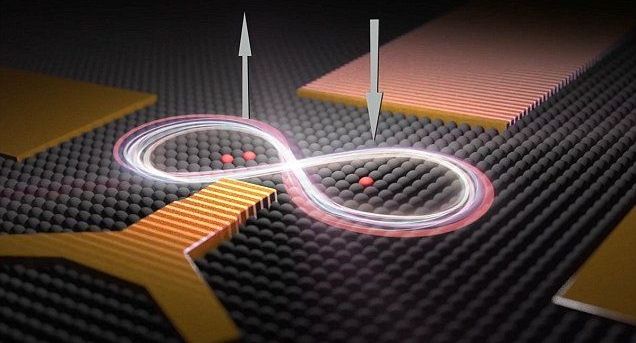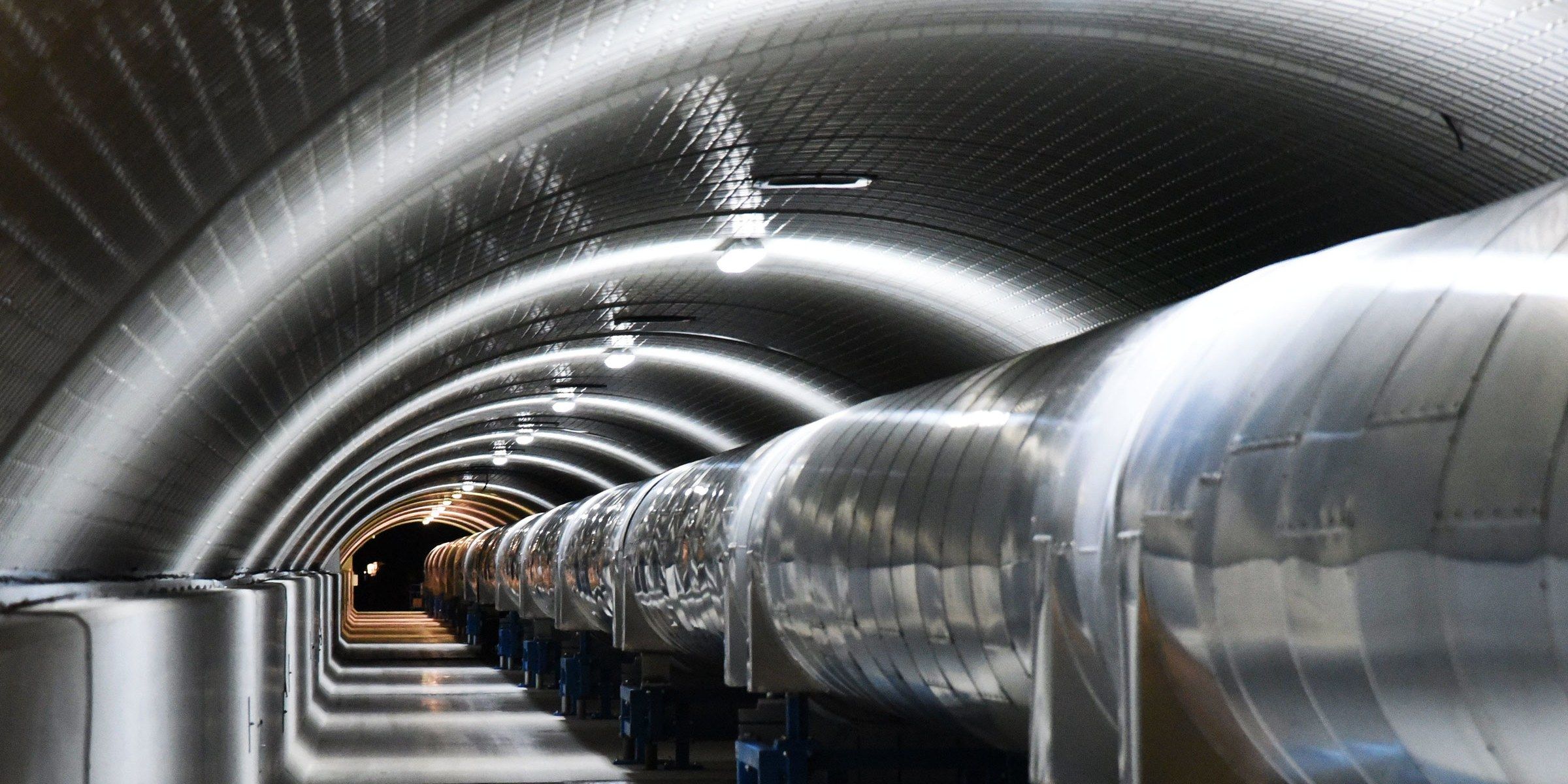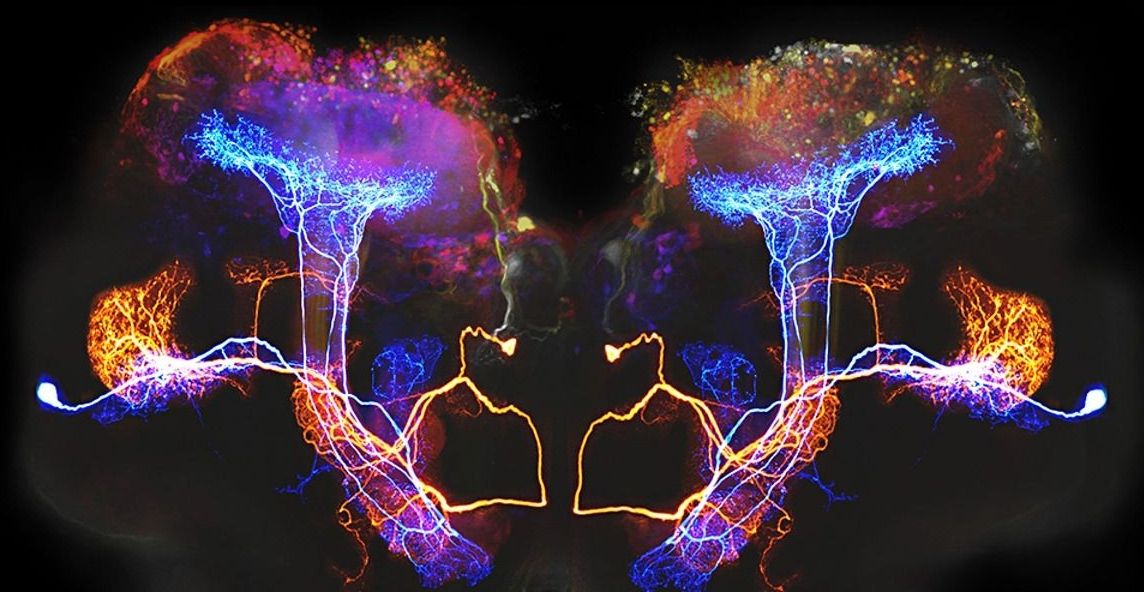Mar 9, 2018
No Refrigeration Necessary: New Tech for Everlasting Shelf-Life
Posted by Genevieve Klien in category: food
There’s hope for a tastier, healthier, more robust tomorrow: high-tech new food preservation methods that fend off the bad stuff (bacteria, spoilage) while protecting the good (flavor, texture, nutrients). Scientists are experimenting with everything from microwave sterilization to blasts of plasma to ensure food stays appetizing longer—even without refrigeration. That salmon dinner you bought on Monday? It’ll taste just as fresh a week later. And it’ll be just as good for you.
Best for: Berries, nuts Scientists at Scotland’s University of Strathclyde pioneered a technique that bombards fluids with high-intensity blue light, which produces a form of oxygen that’s lethal to pathogens. It’s now being adapted for use on berries and other foods.
Best for: Eggs The USDA has developed a machine for eliminating salmonella in fresh eggs. Electrodes pulse radio frequency waves through the shells, targeting the space between the white and yolk where salmonella dwells.

















